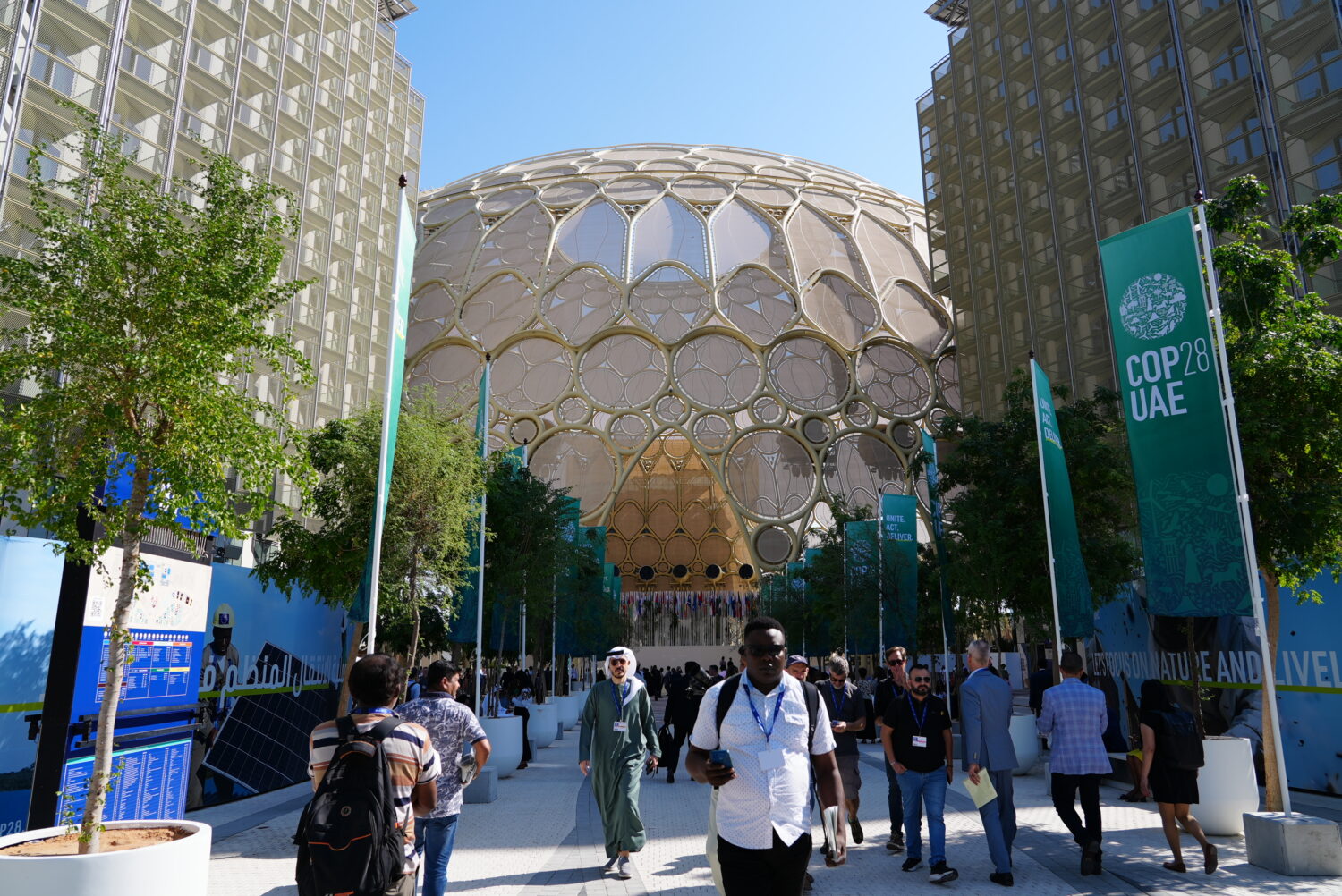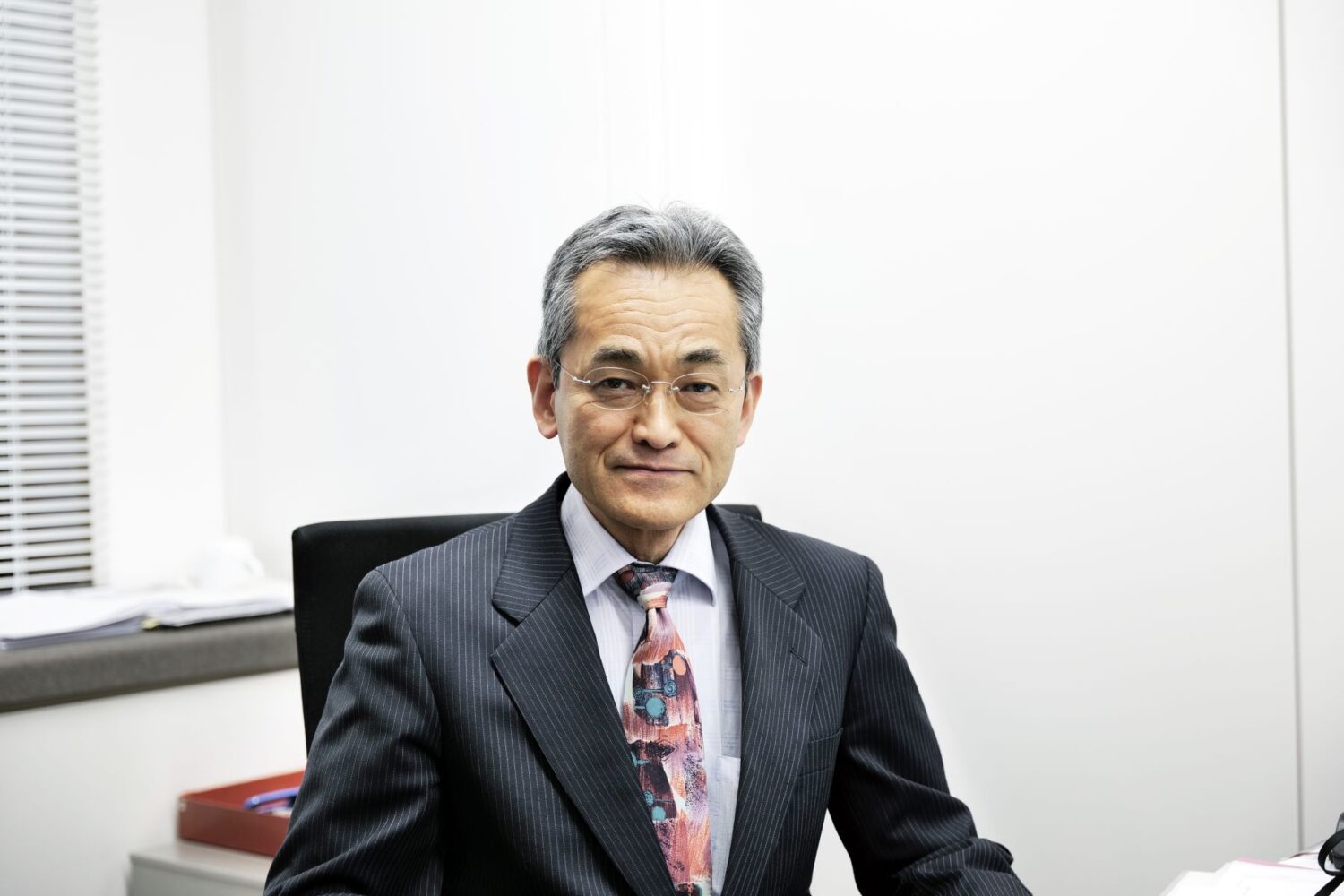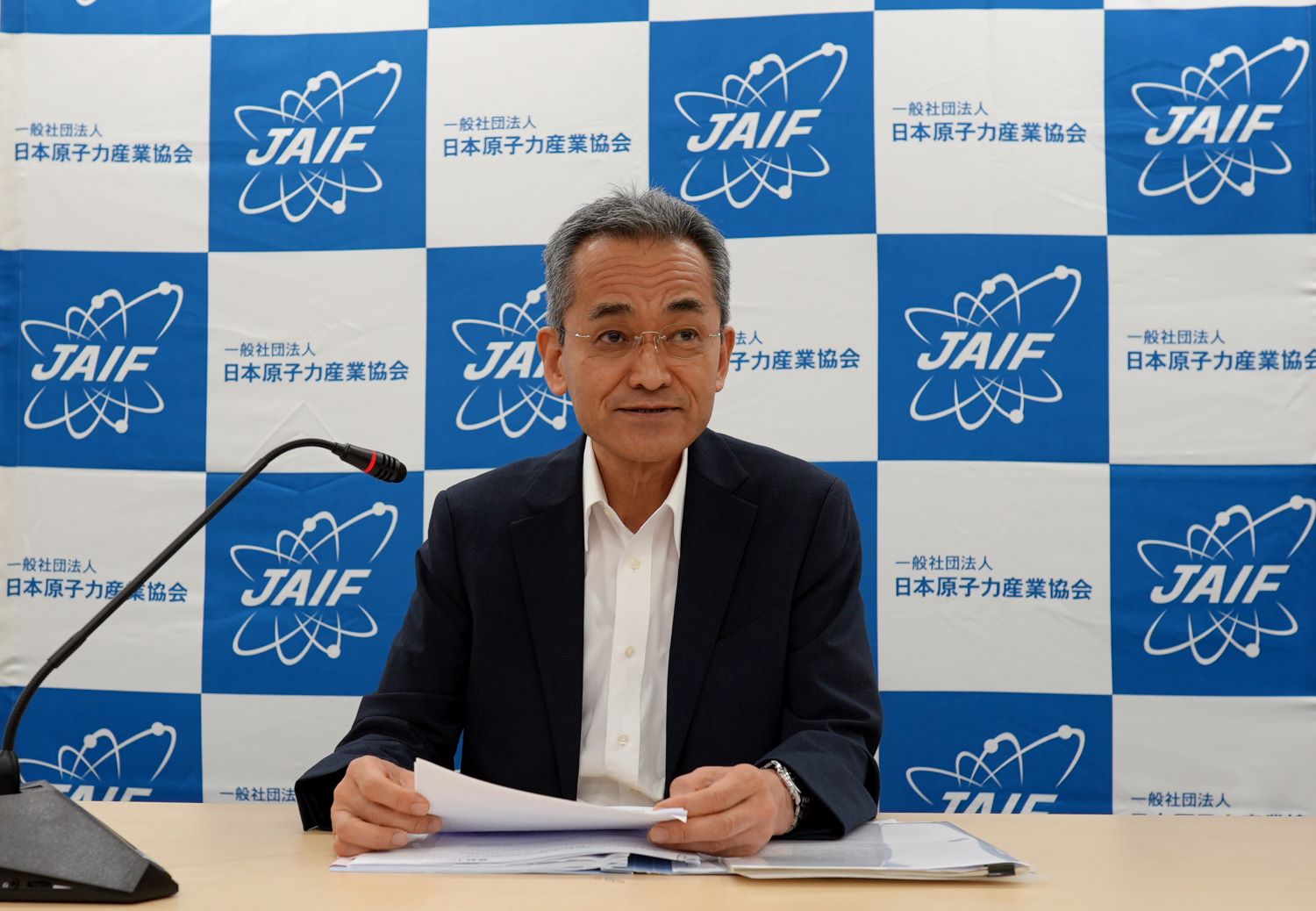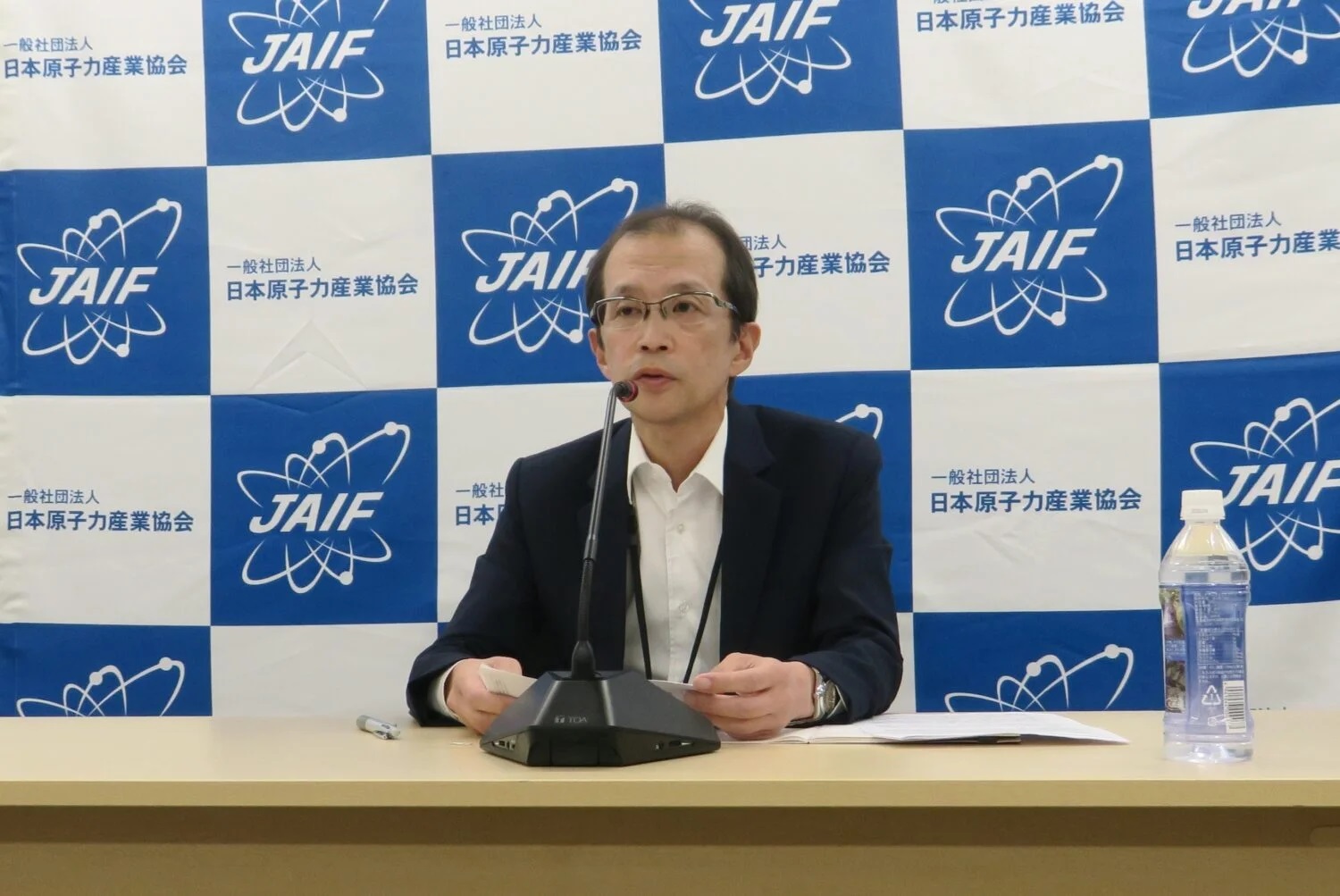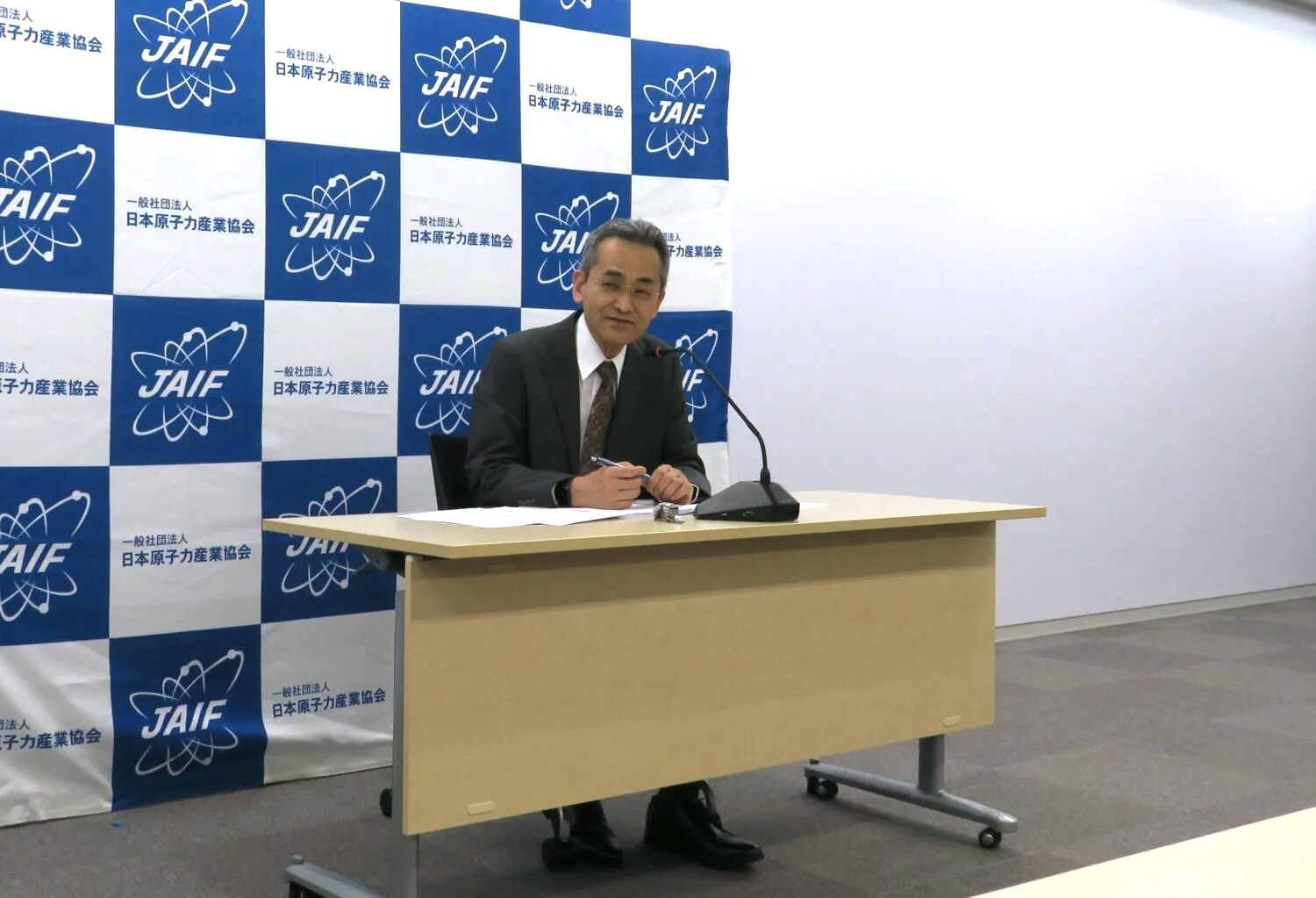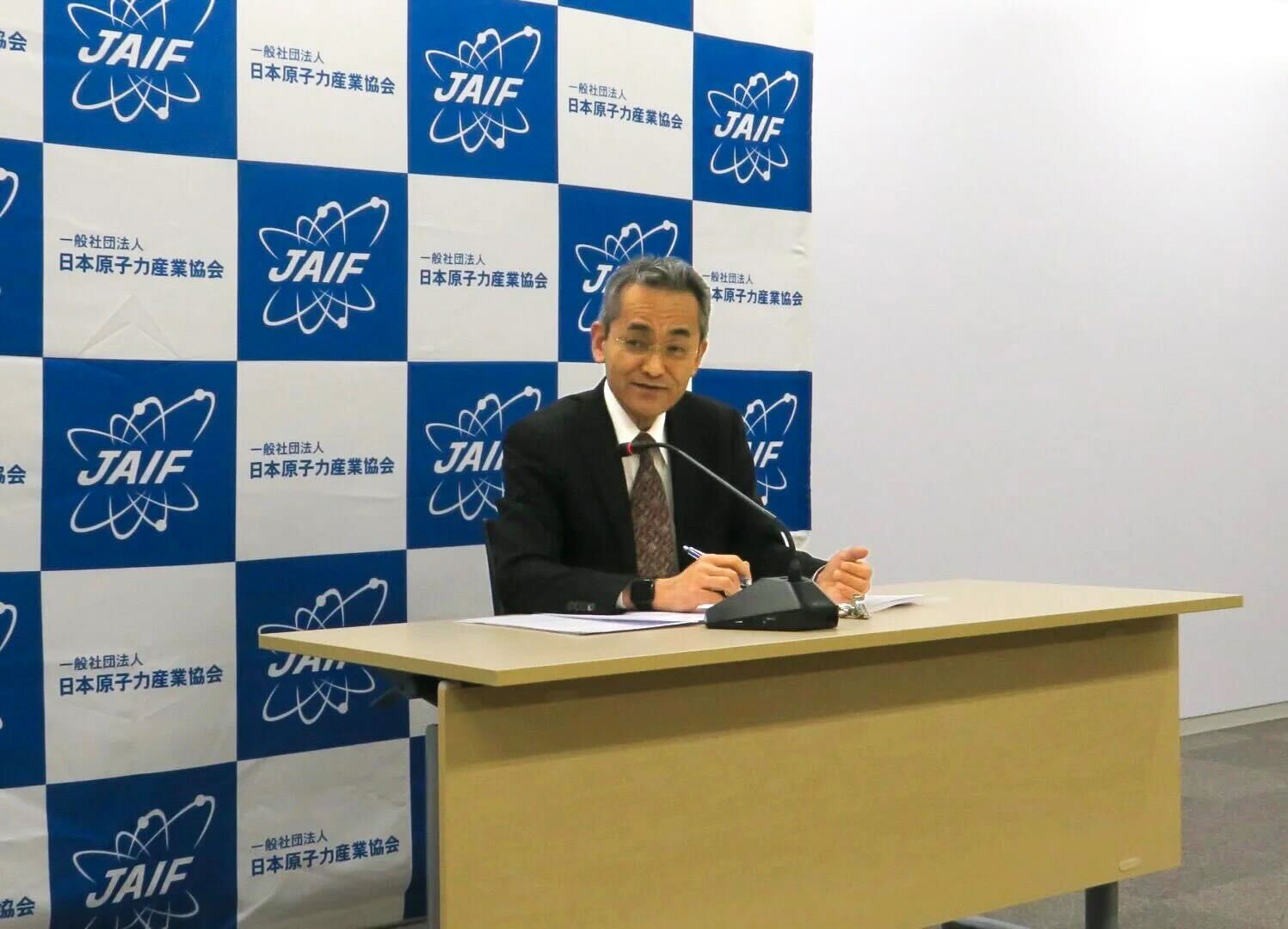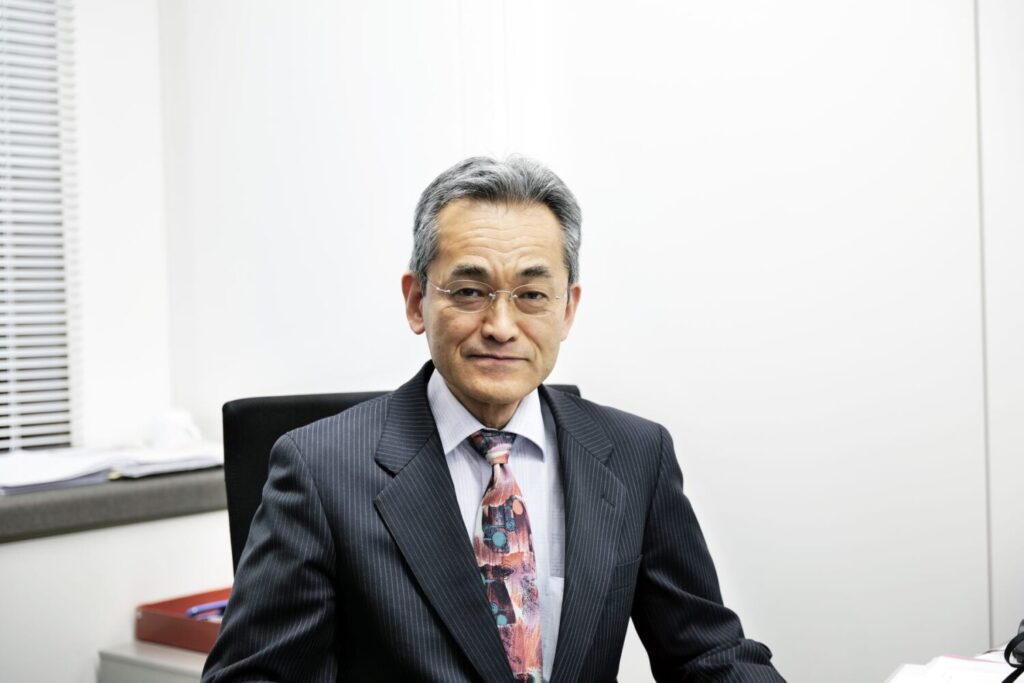Japan, too, has placed the creation of a “virtuous cycle” for the environment and economy at the core of its growth strategy, having declared a goal of carbon neutrality by 2050—namely, a carbon-free society. To those ends, in addition to reducing carbon emissions, it is essential to utilize nuclear power owing to its excellent economic efficiency and its ability to provide a stable supply of electricity.
It is also strongly hoped that the process toward restarting nuclear power plants in Japan will make consistent progress at those reactors where permission has already been granted to make changes to their installations, namely, Kashiwazaki-Kariwa-6 and -7, Onagawa-2, Tokai Daini, Takahama-1 and -2 and Mihama-3.
For a sustainable future and healthy development, the Japanese nuclear industry must strive to thoroughly utilize the country’s existing nuclear reactors by extending their operating lifetimes and improving availability factors, while continuing its untiring efforts to improve safety. The industry must also make a concerted effort to construct new reactors and replace older ones.
At the beginning of 2021, JAIF has set out to focus on four areas of activity in the year ahead, as described below.
<Obtaining Public Understanding on Nuclear Power>
The government’s Sixth Strategic Energy Plan—the deliberations for which began last year—should aim to revise the current national policy of minimizing dependence on nuclear energy, in which case it will be important to include a positive reference to the construction of new and replacement NPPs. It will be important to obtain understanding from a wide range of people concerning the value of nuclear energy, as a means not just to deal with climate change but also to secure a stable supply of electricity and to achieve energy security and economic efficiency. To gain public understanding and confidence in nuclear power, Japan’s nuclear industry, including operators and related organizations, must work together sincerely and in a unified manner.
At JAIF, we will work hard to disseminate information—thoroughly and accurately in a manner that is easy to understand—making use of our accumulated domestic and international networks, various information tools and bilateral dialogues. We will continue efforts to obtain public understanding of the value of nuclear power.
<Assisting Fukushima Reconstruction>
Now that almost a decade has passed since the accident at the Fukushima Daiichi Nuclear Power Plants, various activities are being carried out in Fukushima toward rebuilding the prefecture in accordance with the official reconstruction and revitalization plan and the Innovation Coast vision. For the peace of mind of Fukushima residents, not to mention that of the evacuees still living outside of the area, it is important for the decommissioning at the Fukushima Daiichi Plants to proceed steadily.
Meanwhile, under the Mid-to-Long-Term Roadmap for Fukushima Daiichi’s decommissioning, fuel assemblies are currently being removed from the spent fuel pool of Unit 3, with similar work to be carried out at Units 1 and 2. Work toward the removal of fuel debris is also proceeding at all three units.
In addition, the national government, based on technological and societal considerations and communications with relevant parties, will decide on the handling of water treated by the Advanced Liquid Processing System (ALPS).
In cooperation with domestic and international organizations and individuals, JAIF will work to nurture an accurate understanding of the effects of radiation and the like, and to counter and eliminate unfounded fears and rumors. Standing close to the public, it will continue its support of reconstruction efforts in all areas.
<Ensuring and Developing Human Resources>
For nuclear power to have a future, it is essential to secure and develop human resources on a continuing, long-term basis in a broad range of fields: the design, construction, operation, maintenance, and decommissioning of plants, as well as the nuclear-fuel front and back ends. Particularly in an age of declining birthrates and aging population, it continues to be difficult for the Japanese nuclear industry to secure the personnel it needs. Given the current uncertainty in restarting reactors and constructing new ones domestically, another issue that has emerged is how to maintain and improve technology and skills.
With other countries becoming increasingly interested in developing innovative nuclear technology, including small modular reactors (SMRs), the Japanese government has been engaged in similar efforts. At the end of 2020, it announced the Green Growth Strategy for achieving carbon neutrality by 2050, which includes the accelerated innovation of diverse nuclear technology, including SMRs and nuclear-produced hydrogen. Such exciting innovations ought to attract talented human resources and stimulate young researchers, engineers, and technicians.
To support efforts to help the domestic nuclear industry secure human resources, JAIF, through such programs as seminars for university students, will provide young people with various opportunities to discover that working in the nuclear industry can be a challenging and rewarding career. Moreover, as a member of the Japan Nuclear Human Resource Development Network (JN-HRD Net) secretariat, consisting of eighty-two industrial, academic, and public organizations, JAIF will seek to develop human resources efficiently, effectively, and strategically through nationwide coordination.
<International Cooperation>
Globally, nuclear power is witnessing increased development and use, with new nuclear power plants being built in the UK, China, Russia, India, and countries in Eastern Europe and the Middle East, together with countries in Africa and Southeast Asia thinking about introducing nuclear power for the first time. The nuclear technology that Japan has accumulated over many years can contribute to the promotion of nuclear use and the improvement of nuclear safety throughout the world.
As the world steps up its moves toward the realization of a carbon-free society, the worldwide nuclear industry confronts some common problems: implementing environmental, social and governance (ESG) investing standards, and building new nuclear power plants in deregulated electricity markets. Such issues are not limited to a few specific countries.
JAIF will strive to support the domestic nuclear industry’s business activities overseas through public and private cooperation. It will also parlay its experience working with nuclear-related organizations in other countries, with which it has established relationships of trust over many years, and endeavor to address the resolution of various shared issues as well as exchange important messages with the international community, among other activities.
In sum, JAIF, together with its members, will apply its full energy and resources to resolving issues and overcoming problems affecting the sound development of nuclear power. We ask for your continued understanding and cooperation.


